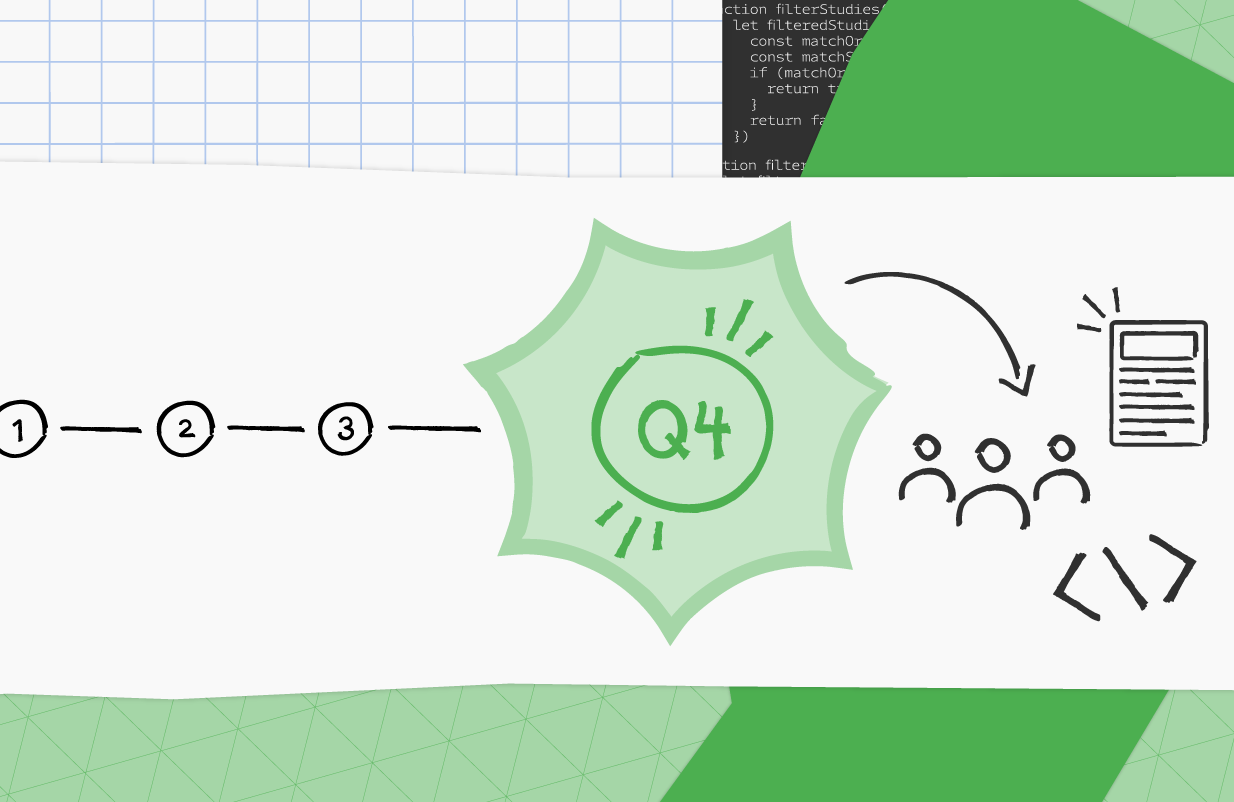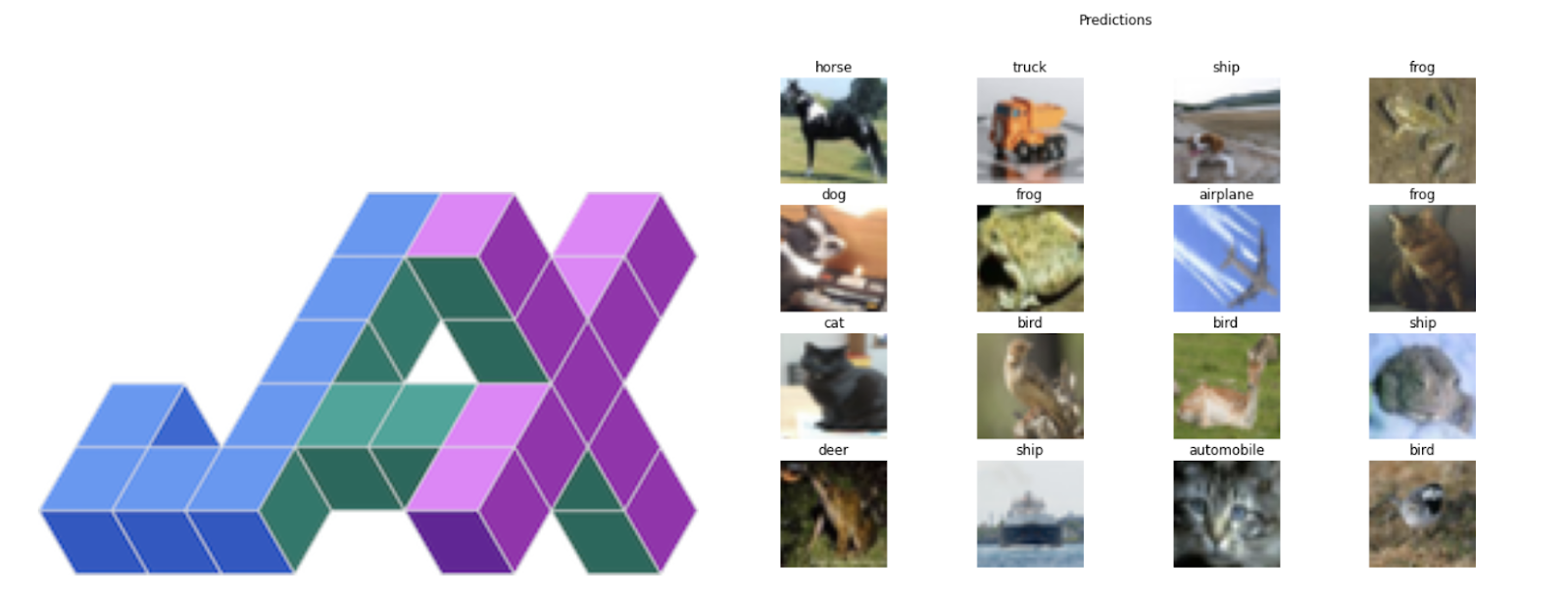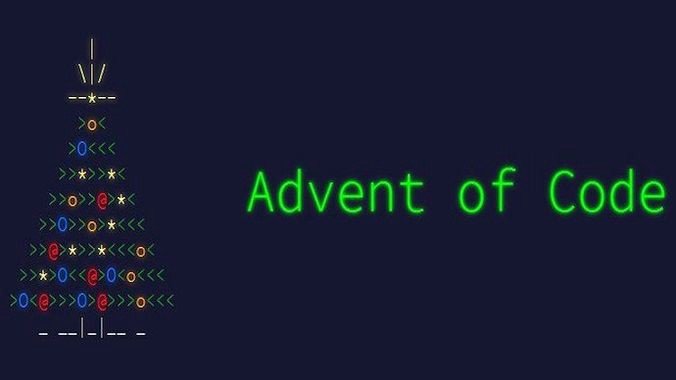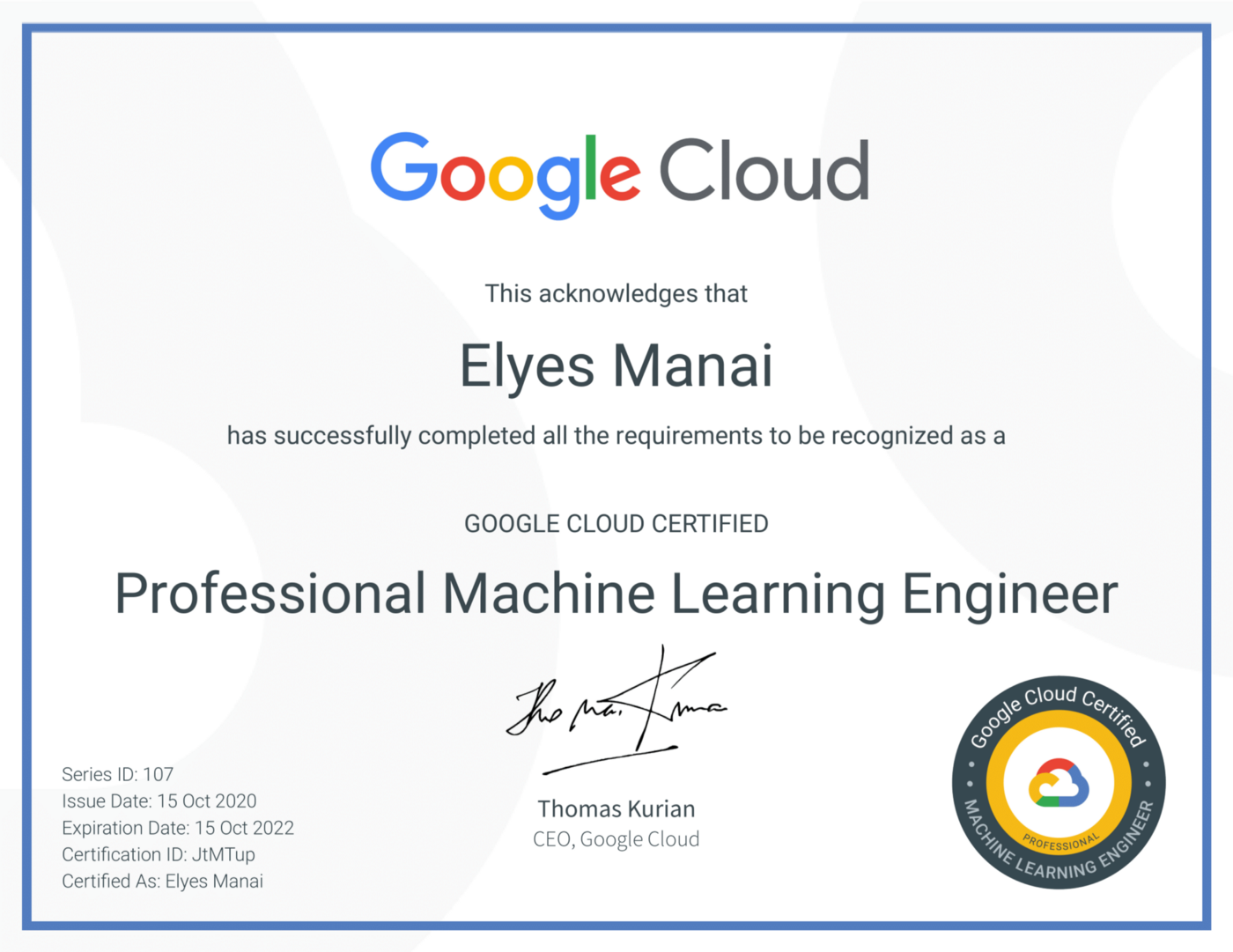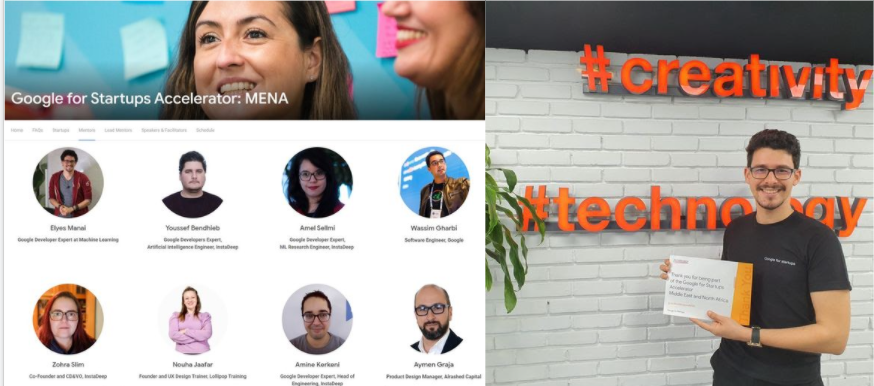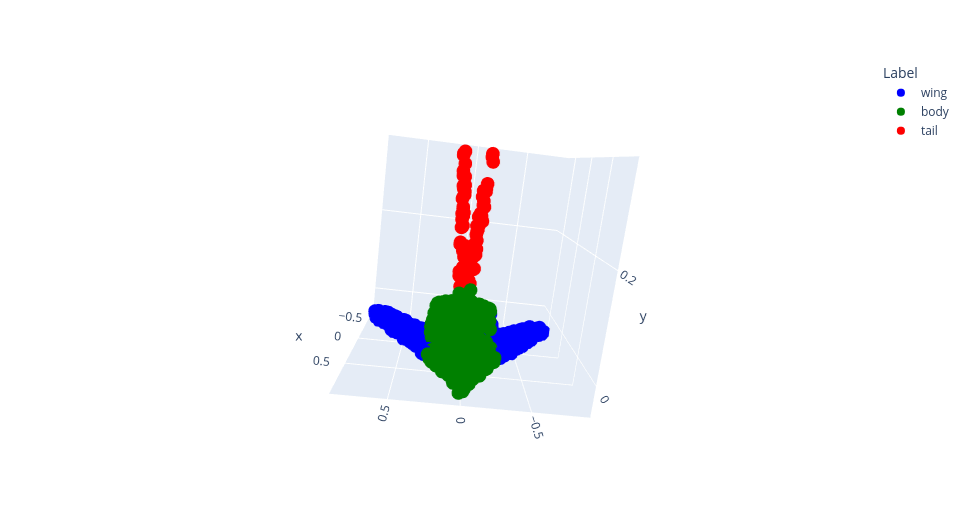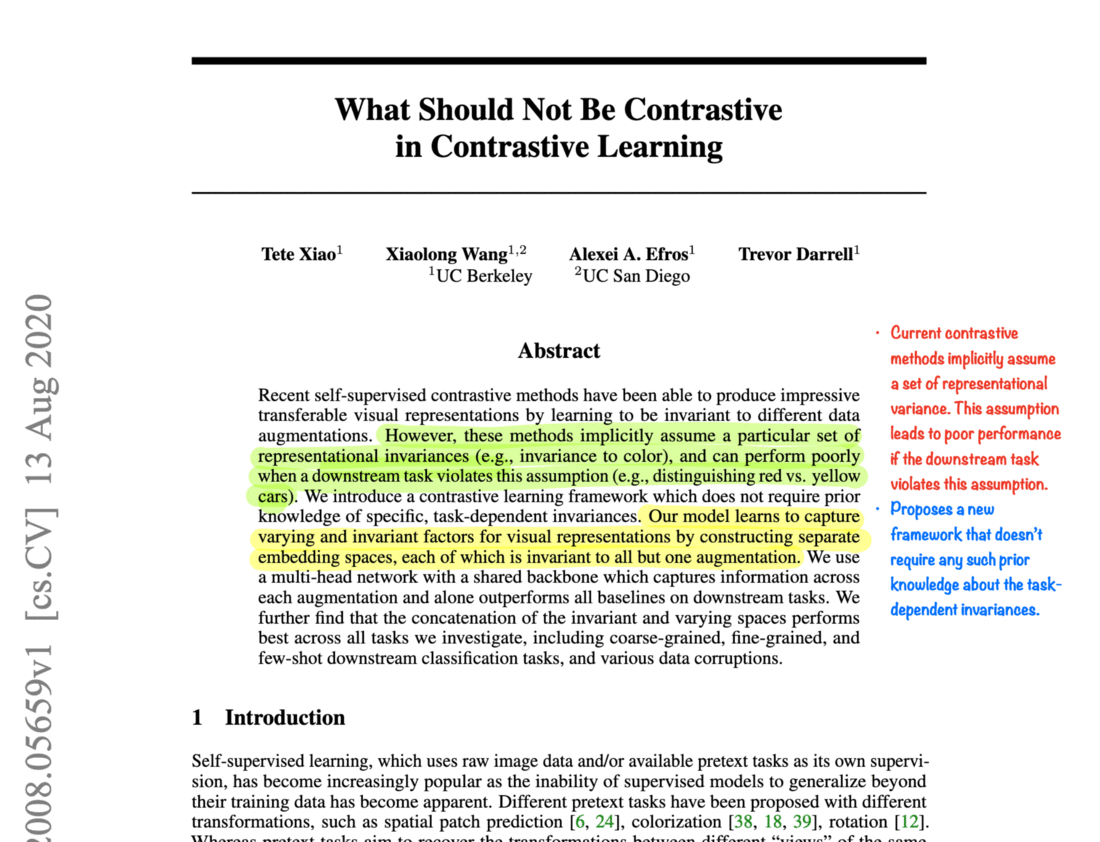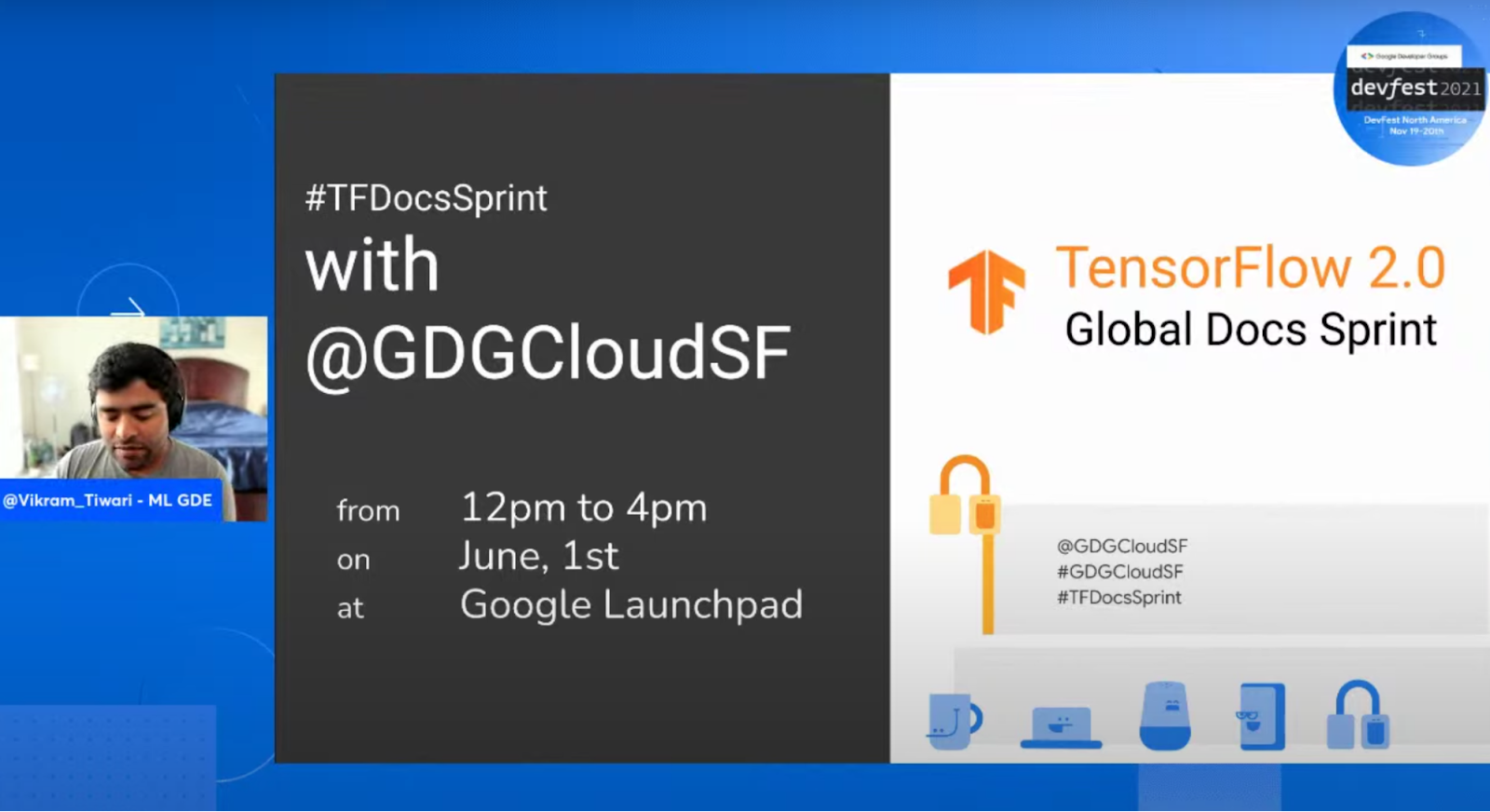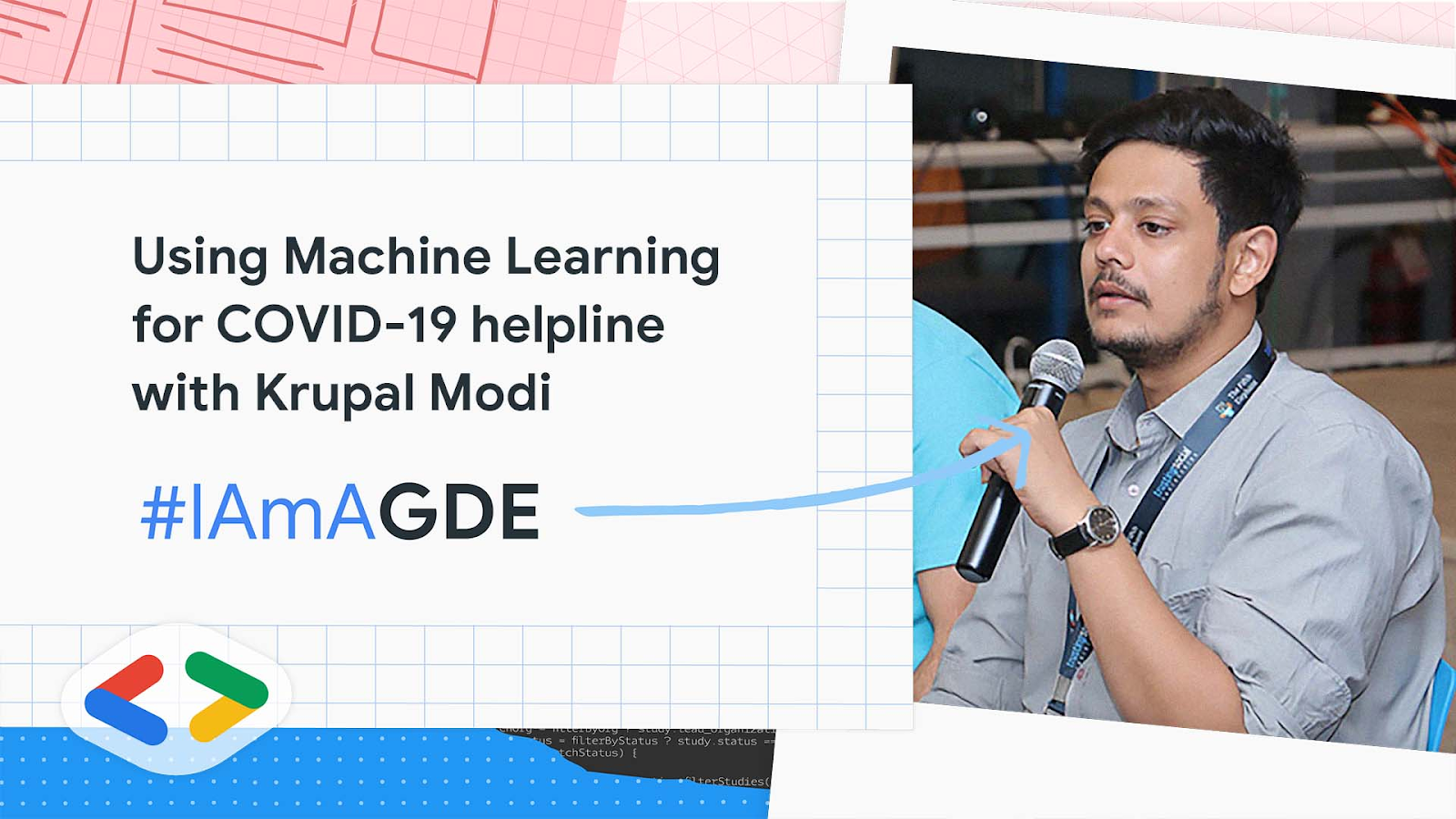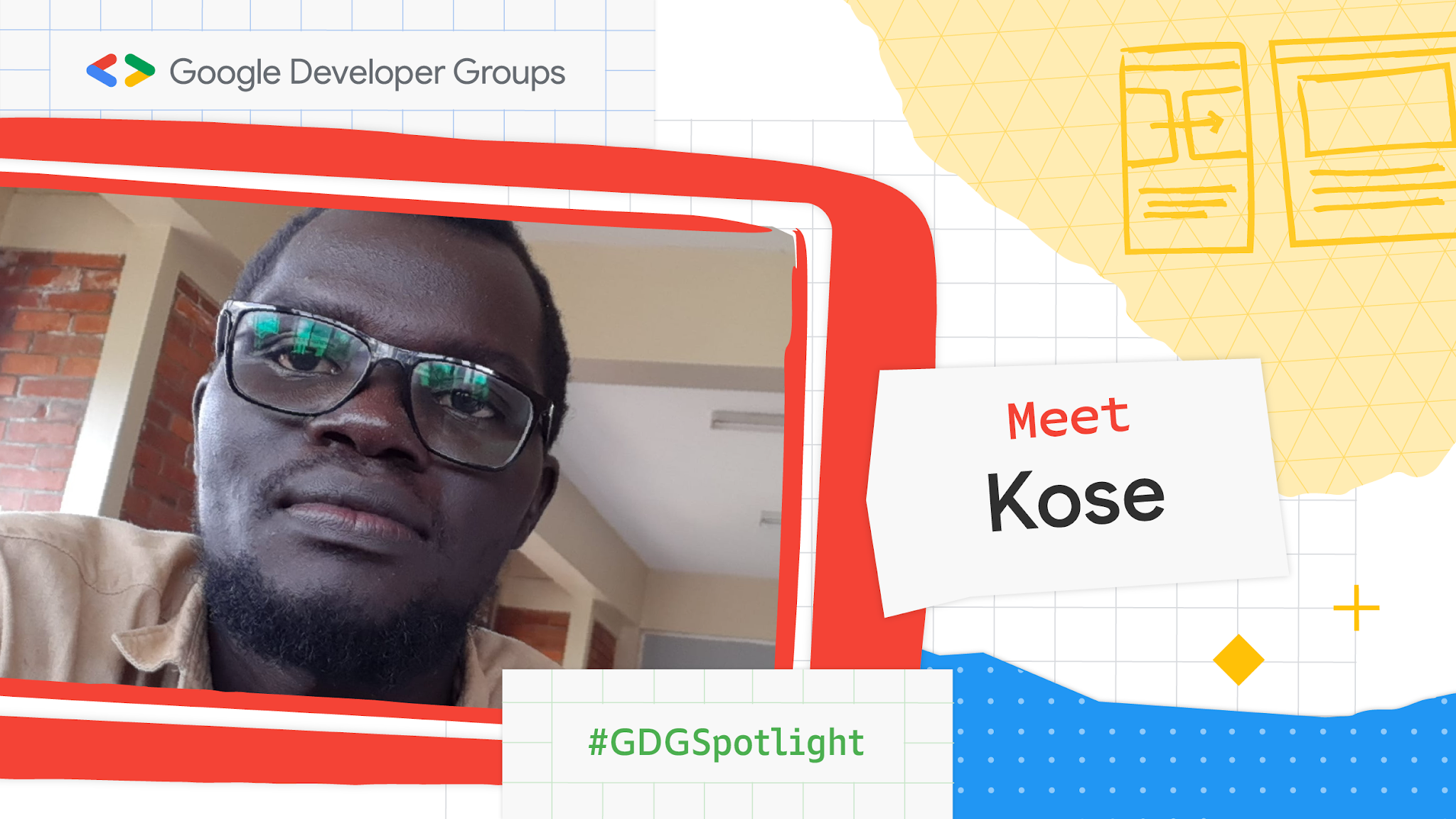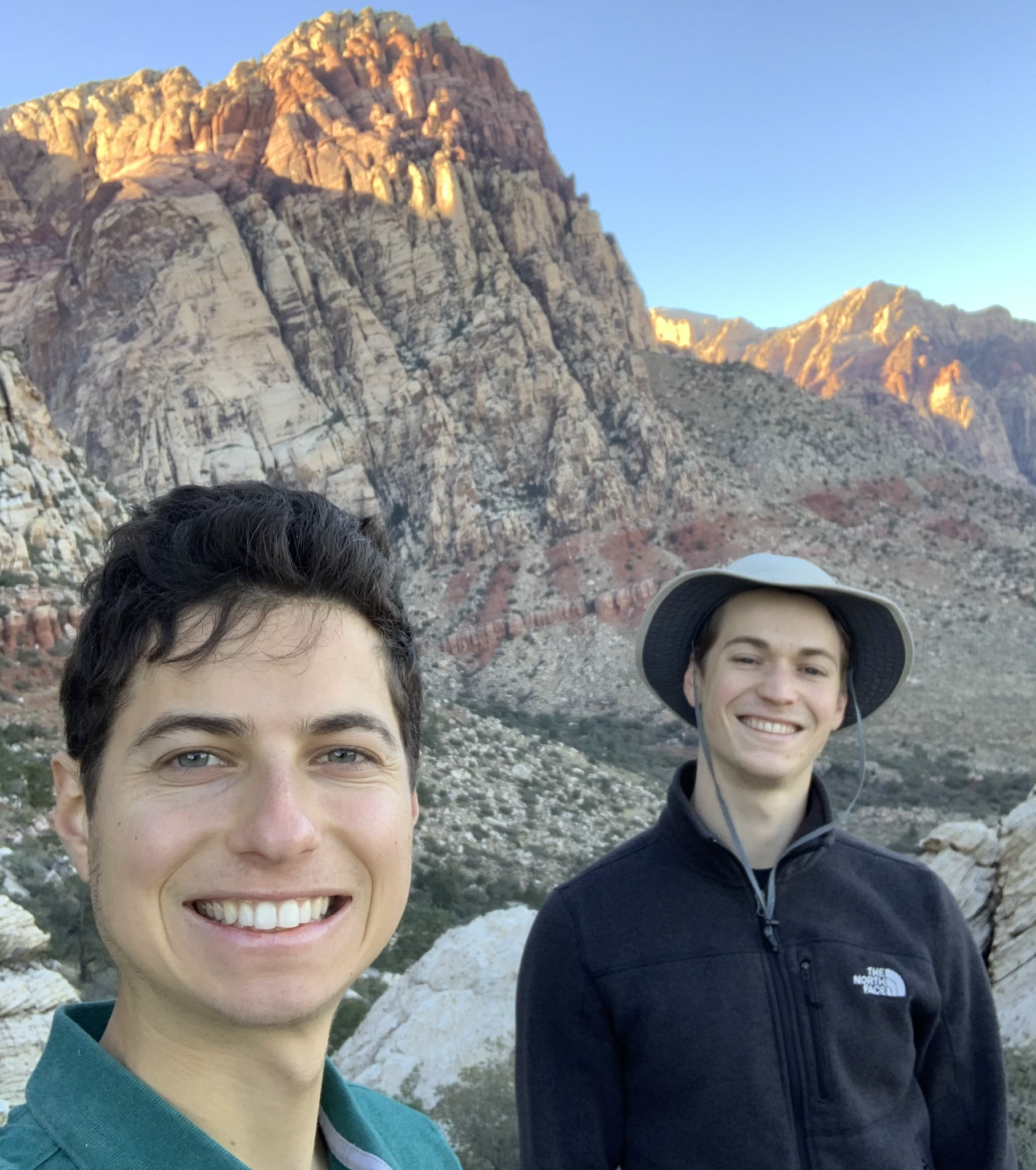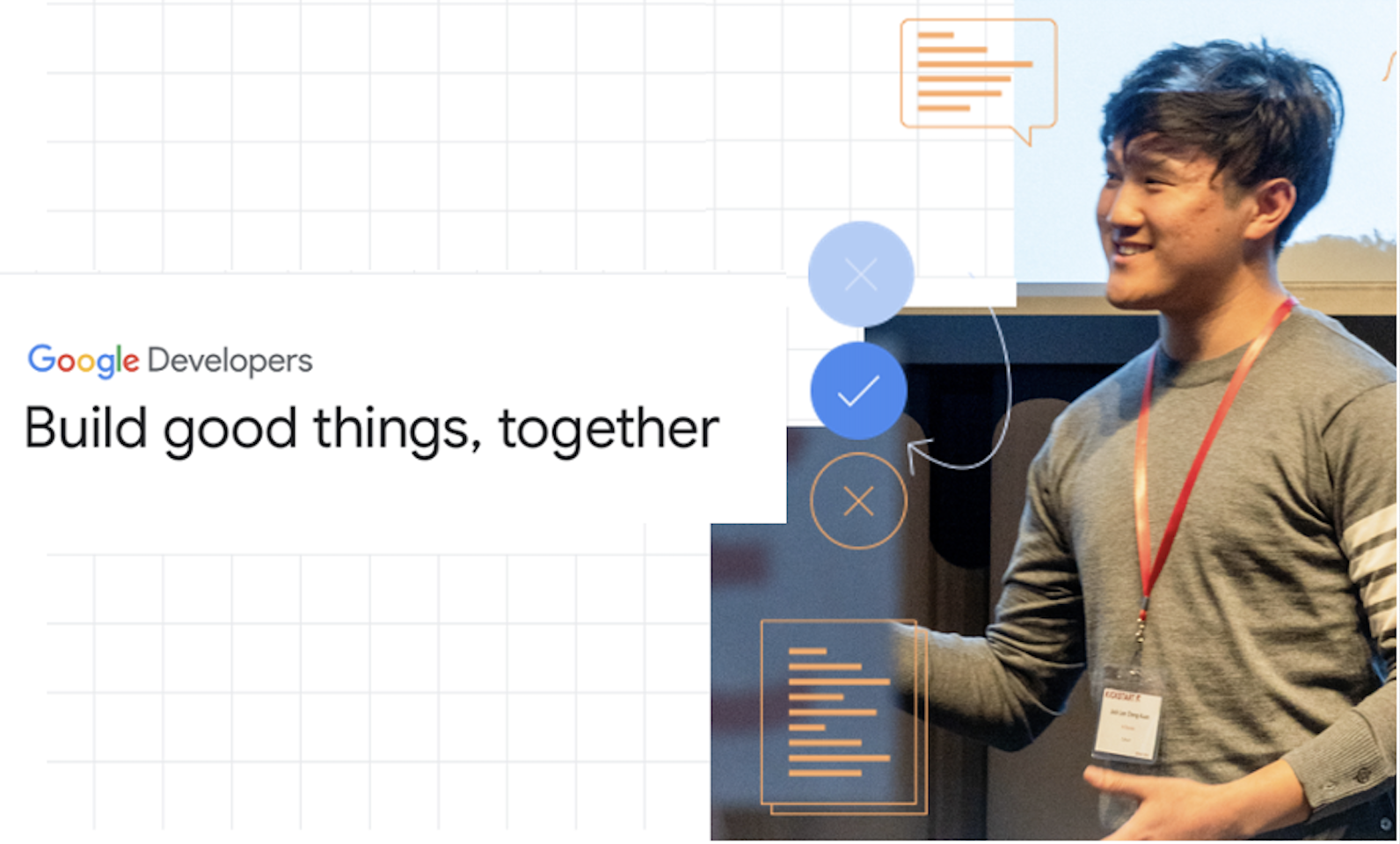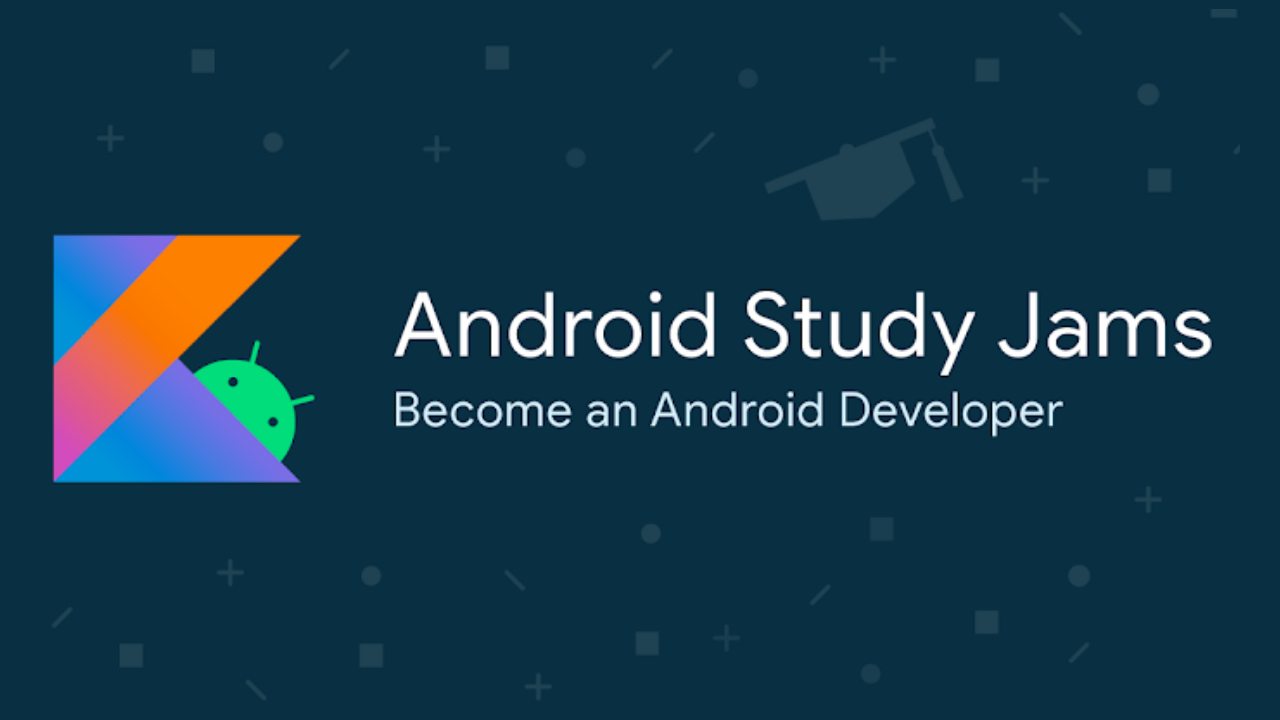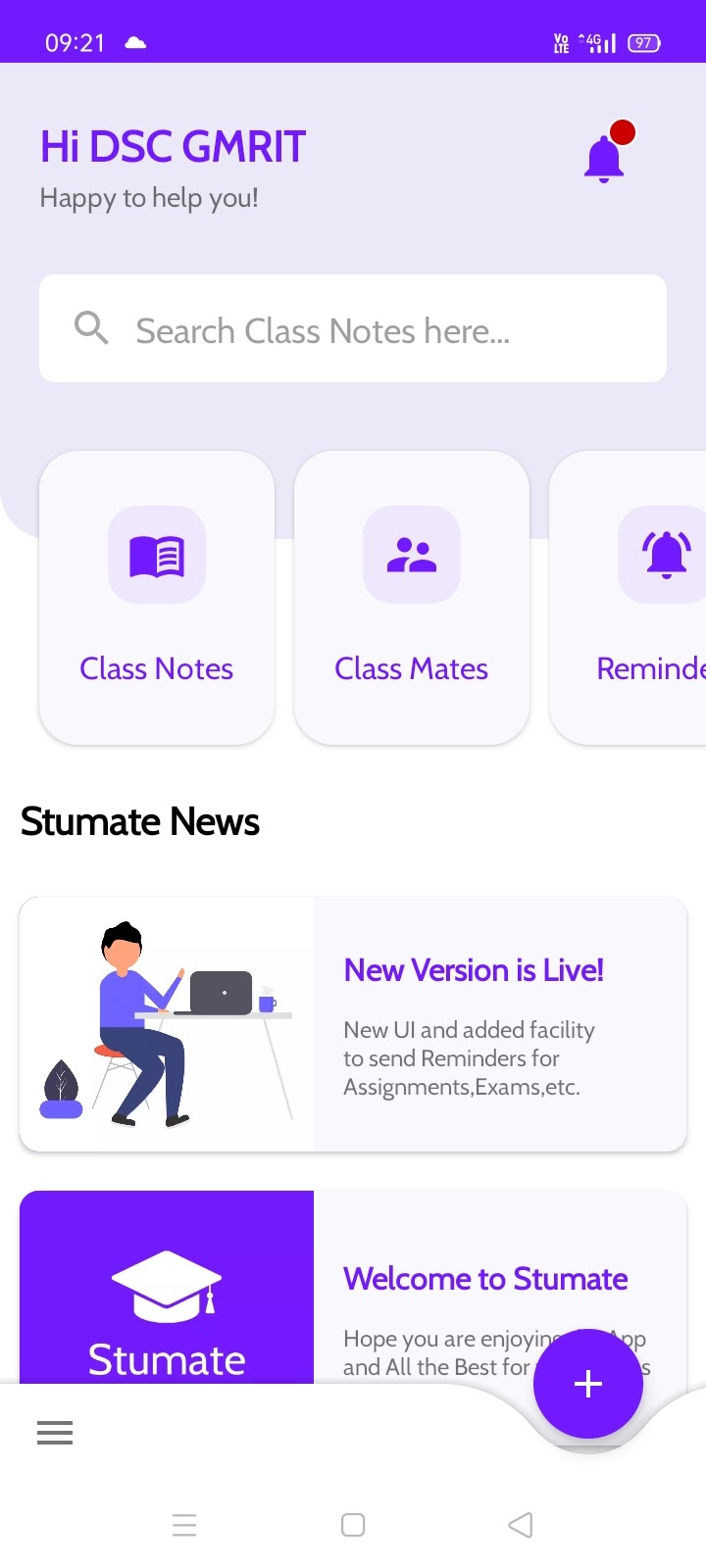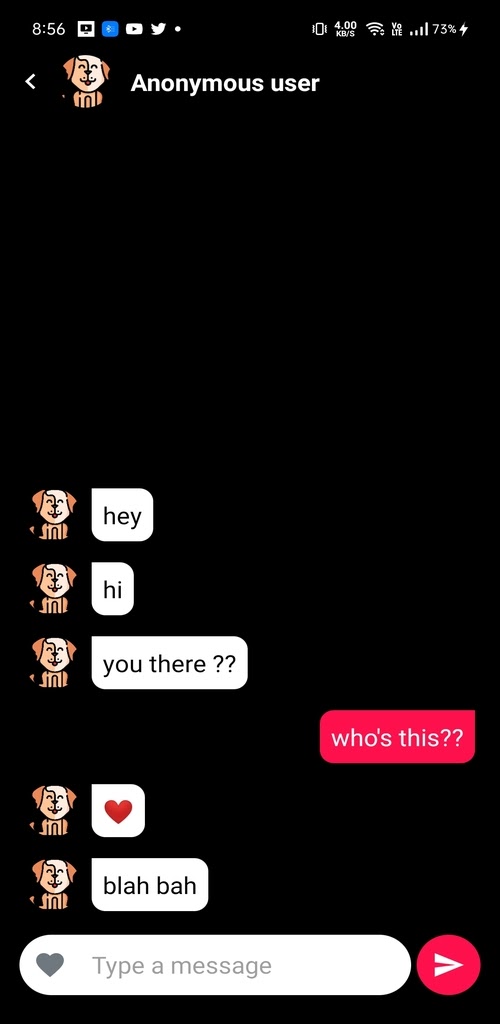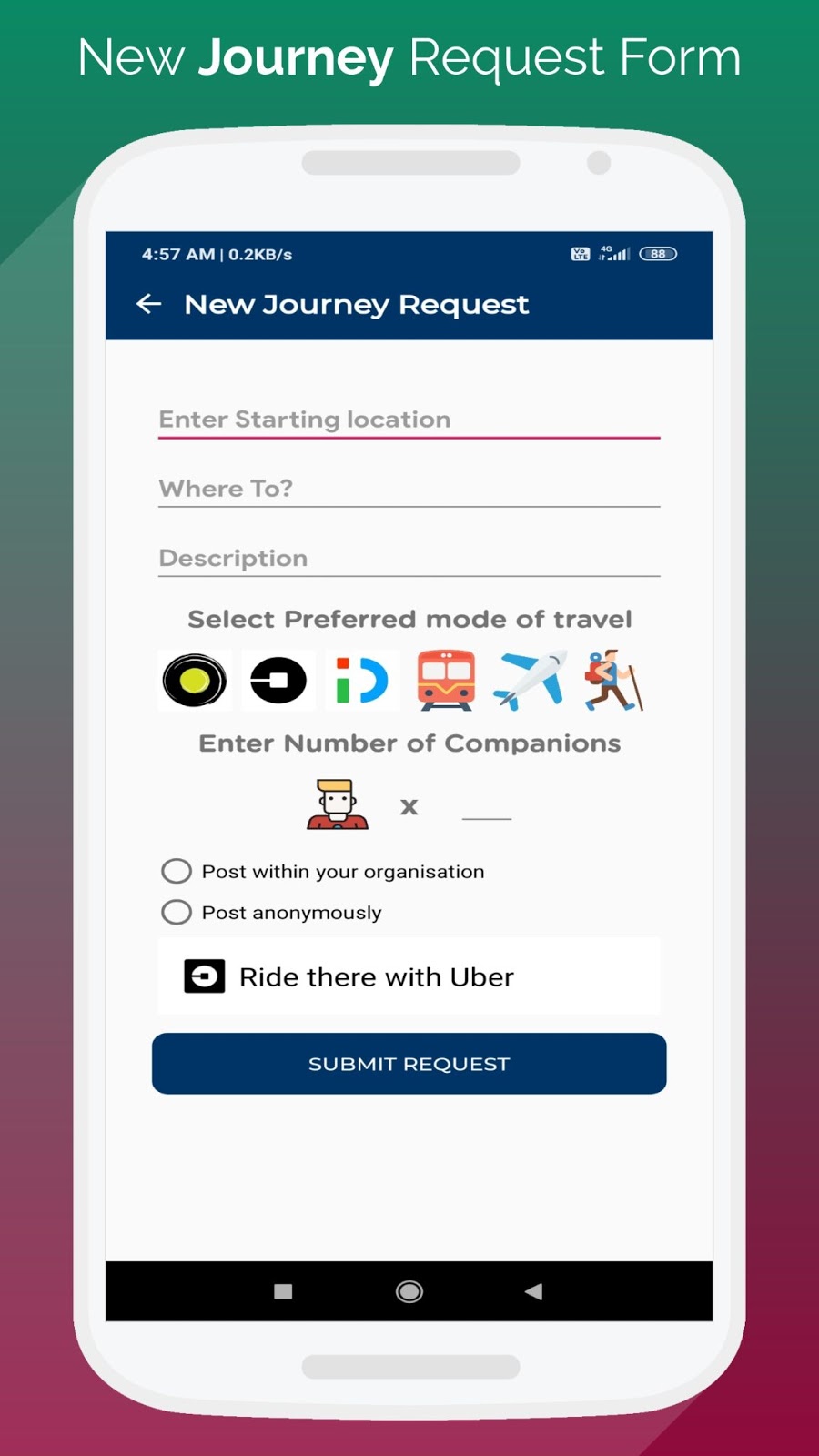Posted by Alessandro Palmieri, Regional Lead, Europe, Google Developer Groups

You never quite know exactly how someone else experiences the world - but making an effort to connect and understand others remains a hallmark of a strong community. In November 2019, Google Developer Group Pescara invited backend developer Filippo Tenaglia to speak at a local DevFest program, as part of the global developer event. The group turned the lights down and connected Filippo’s PC to the room’s speakers, and Filippo told attendees about his life as a visually impaired developer. He let them hear what he hears when he works with the code and let them hear the different speech synthesizers he uses: the one he uses to browse on the Internet, as well as the one that he uses to read source code, that reads any punctuation character.
One attendee asked Filippo how many lines of code he’s able to remember without seeing them, and Filippo answered, “I have to remember the whole block. I can’t see the code, so I memorize it. Usually, I can remember 20, even 30 lines of code.” The attendee replied, “you’re a dragon,” alluding to folklore that the mystical creatures have strong memories. Filippo laughed, and his colleague, Gregorio Palama, leader of GDG Pescara, says he got goosebumps.
Gregorio met Filippo when the two worked together at an IT consultancy. Filippo brought his guide dog Lila to work and impressed Gregario with his remarkable ability to memorize 20-30 lines of code at a time. Filippo used assistive technology, like speech synthesizers and screen readers, as well as his extraordinary memorization ability, to code. Through his friendship with Filippo, Gregorio came to understand the importance of accessibility.
Gregorio uses his Google Developer Group (GDG) Pescara community, in a small city in the central part of Italy, to advocate for people with disabilities and educate other developers about the technical tools needed to make programming, websites, and software truly accessible for the visually impaired.
Leveraging tools to stay connected
Developers with visual impairments similar to Fillipo can leverage assistive technology in Chrome like screen readers and magnifiers. When browsing the web using various accessibility extensions, there are ways for people with visual impairments to make the browser more accessible, without installing external software.
Through their friendship, Filippo continued to educate Gregorio about accessibility when he called Gregorio to volunteer for more GDG Pescara events in Italy. Filippo explained that he was calling because the group’s community messaging platform and application, where they post calls for volunteers and share event details, isn’t accessible, so Fialippo can’t see the posted information and needs to use a different method of staying up to date on GDG activities.
Using community to share the importance of accessibility
GDG Pescara plans to host a DevFest focused accessibility and other selected topics. The organizers are thinking of having a hackathon that could expose developers to Google’s accessibility tools, like the ChromeVox screen reader, which developers can use to test the accessibility of their web apps, or Chrome’s documentation on designing accessible extensions. With this community-led programming, Gregorio and his team hope to inspire other developers to build new accessibility tools, like a better community platform.
Through his friendship with Filippo, Gregorio learned the importance of accessibility. Now, he is using his GDG community and a suite of tools to help educate about accessibility and advocate for people with disabilities.
If you’re inspired to lead fellow developers into an exploration of accessibility in technology, we encourage you to join a GDG near you, or consider leading a GDG chapter. You can learn more about Google’s accessibility initiatives and developer tools here and check out an upcoming GDG community accessibility awareness event here.












